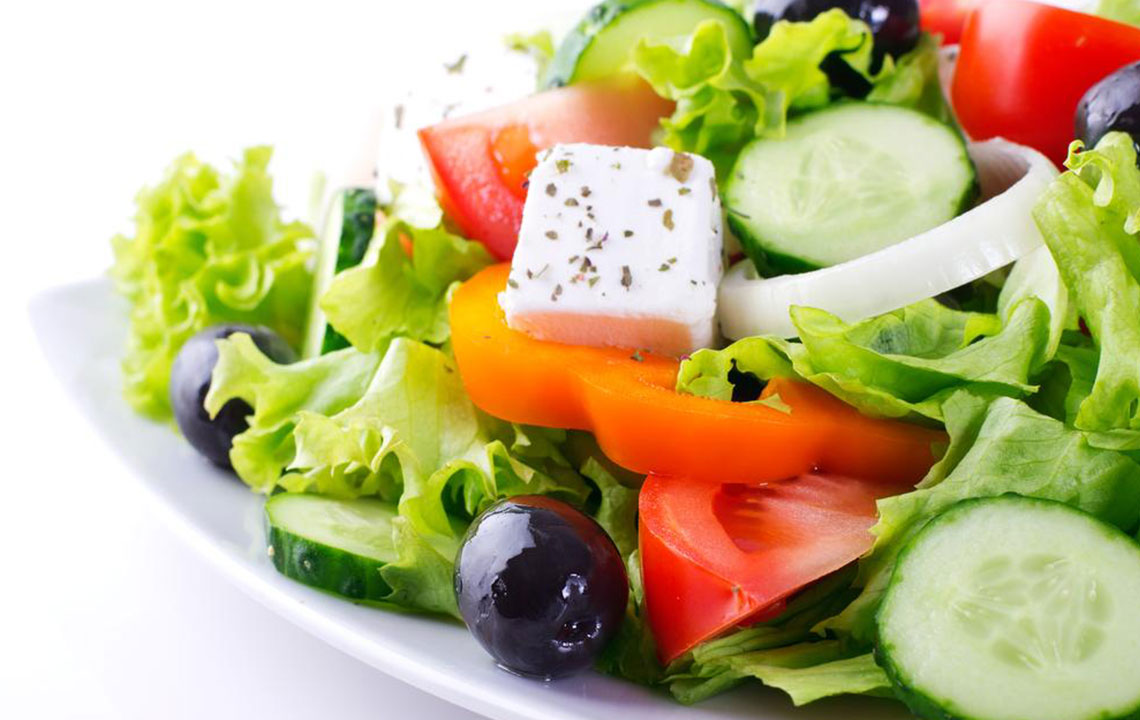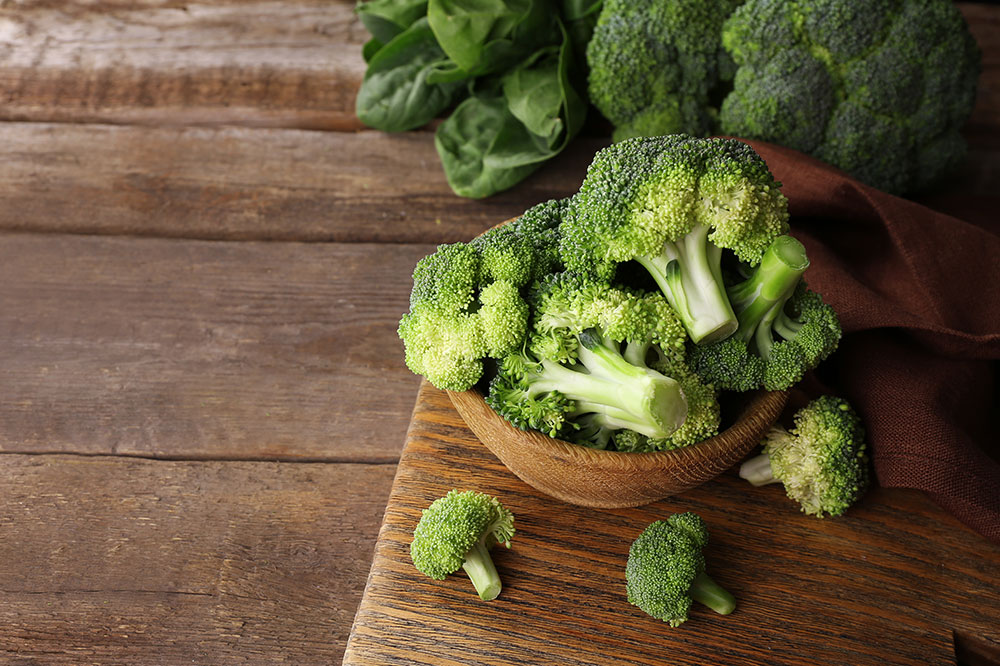Essential Nutrient-Rich Foods to Support Children's Growth and Development
Discover essential nutrient-rich foods that support children's growth, strengthen bones, boost immunity, and promote overall health. Learn how incorporating calcium, vitamin E, fiber, potassium, and iron into your child's daily diet can improve their development and prevent deficiencies. This comprehensive guide offers practical tips and delicious food options for parents aiming to foster healthy eating habits and lifelong wellness for their children.

Essential Nutrient-Rich Foods to Support Children's Growth and Development
Ensuring proper nutrition in children is vital for their physical growth, immune function, and overall health. A common issue faced by many parents is the imbalance of sugary beverages and inadequate intake of vital nutrients like calcium, vitamin E, iron, and fiber. Overreliance on processed and fast foods can lead to calorie surplus without providing essential nutrients necessary for healthy development. This comprehensive guide discusses a wide range of nutrient-dense foods that can help boost your child's immunity, improve bone strength, support brain development, and promote overall well-being.
Calcium: Calcium is fundamental for developing strong bones and teeth in children. It also plays a role in nerve transmission and muscle function. A daily intake of calcium-rich foods, often accompanied by vitamin D to enhance absorption, is crucial. Regular consumption of dairy products, fortified foods, and certain plant-based alternatives can help meet this need. Incorporating calcium-rich foods into your child's diet can also aid in preventing future health issues such as osteoporosis and may reduce the risk of developing autoimmune conditions like type one diabetes, which some studies suggest could be associated with deficiencies in certain nutrients.
Excellent sources of calcium include dairy products such as cheese, yogurt, and milk. Plant-based options like fortified cereals, soy drinks, and calcium-set tofu are also beneficial. Regularly including these foods in your child's diet ensures they receive adequate calcium intake to support healthy growth.
Vitamin E: This potent antioxidant supports cell repair and immune function, which are vital during childhood growth phases. Many children tend to miss out on sufficient vitamin E, partly due to low-fat diets aimed at controlling weight. To ensure adequate intake, incorporate foods like avocados, nuts (such as almonds and hazelnuts), peanut butter, wheat germ, and leafy greens like spinach. These foods help in maintaining healthy skin, supporting the circulatory system, and protecting cells from oxidative damage.
Fiber: Dietary fiber is essential for digestive health, preventing constipation, and reducing the risk of chronic diseases later in life such as type 2 diabetes and heart disease. Pediatricians recommend a balanced intake of fiber, roughly equivalent to two slices of whole-grain bread, strawberries, and a serving of brown rice daily. High-fiber foods include cereals, beans, lentils, chickpeas, oats, nuts, ground flaxseeds, sweet potatoes, and green peas. Encouraging children to consume these foods can improve gut health and promote a feeling of fullness, reducing unhealthy snacking.
Potassium: An essential mineral, potassium helps regulate blood pressure and maintain fluid balance in the body. Children should consume potassium-rich foods daily to support cardiovascular health. Key sources include bananas, oranges, sweet potatoes, yogurt, cantaloupe, tomatoes, and fatty fish like cod. For children without nut allergies, pistachios combined with dried fruits like apricots or cranberries can be a tasty, nutrient-dense snack providing a potassium boost.
Iron: Iron is critical for oxygen transportation via red blood cells and supports optimal brain development in children. Iron deficiency is common, especially among overweight children or those with poor dietary habits. Including iron-rich foods such as shrimp, beef, chicken, beans, lentils, and fortified cereals ensures adequate intake. Proper iron levels help prevent anemia, improve cognitive development, and enhance physical activity levels.
By integrating these nutrient-rich foods into your child's daily diet, you support their growth, strengthen immunity, and lay the foundation for a healthy future. Ensuring variety, balance, and moderation with these foods can help your child thrive both physically and cognitively. Remember, consulting a pediatrician or a registered dietitian can provide personalized guidance tailored to your child's unique nutritional needs.





